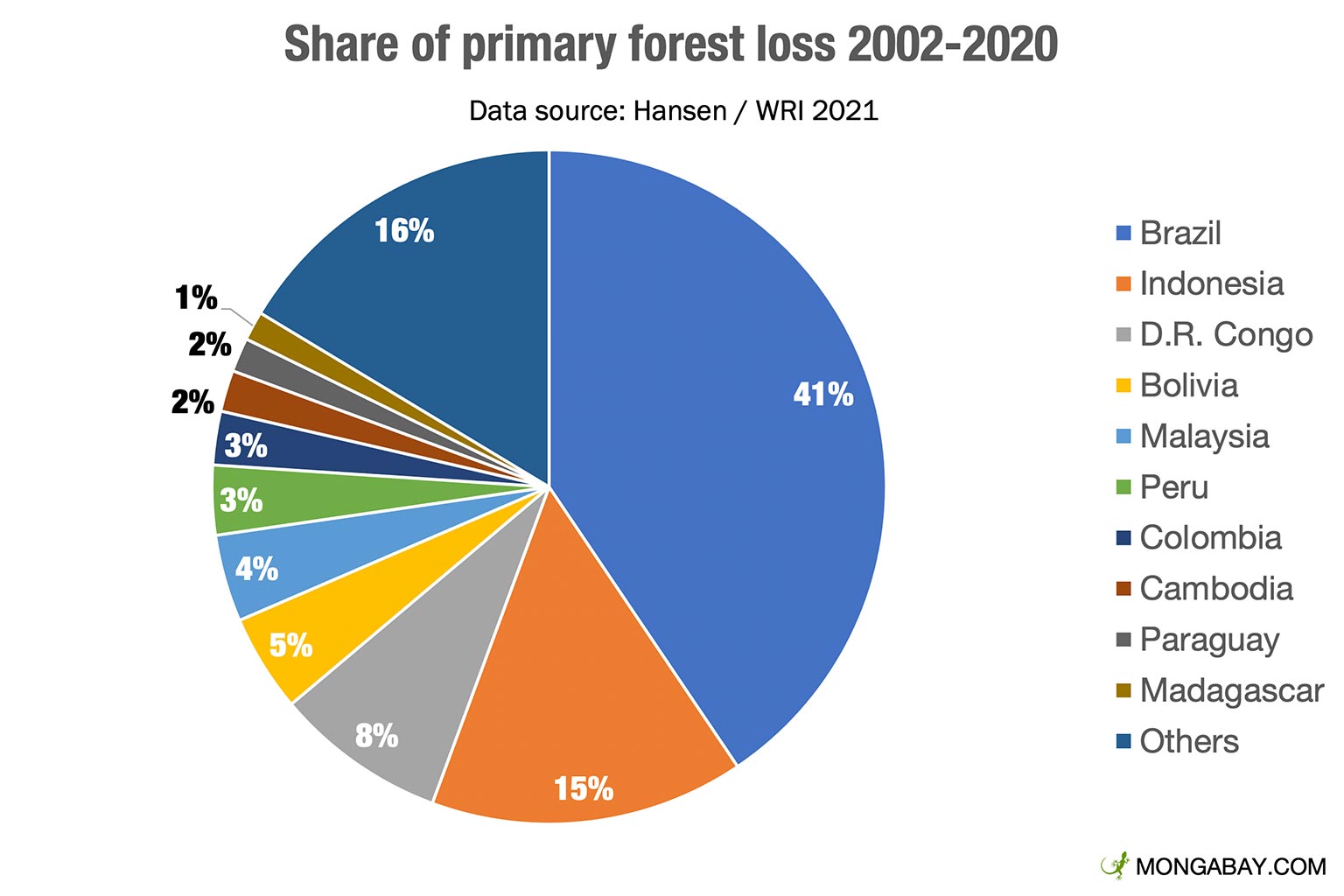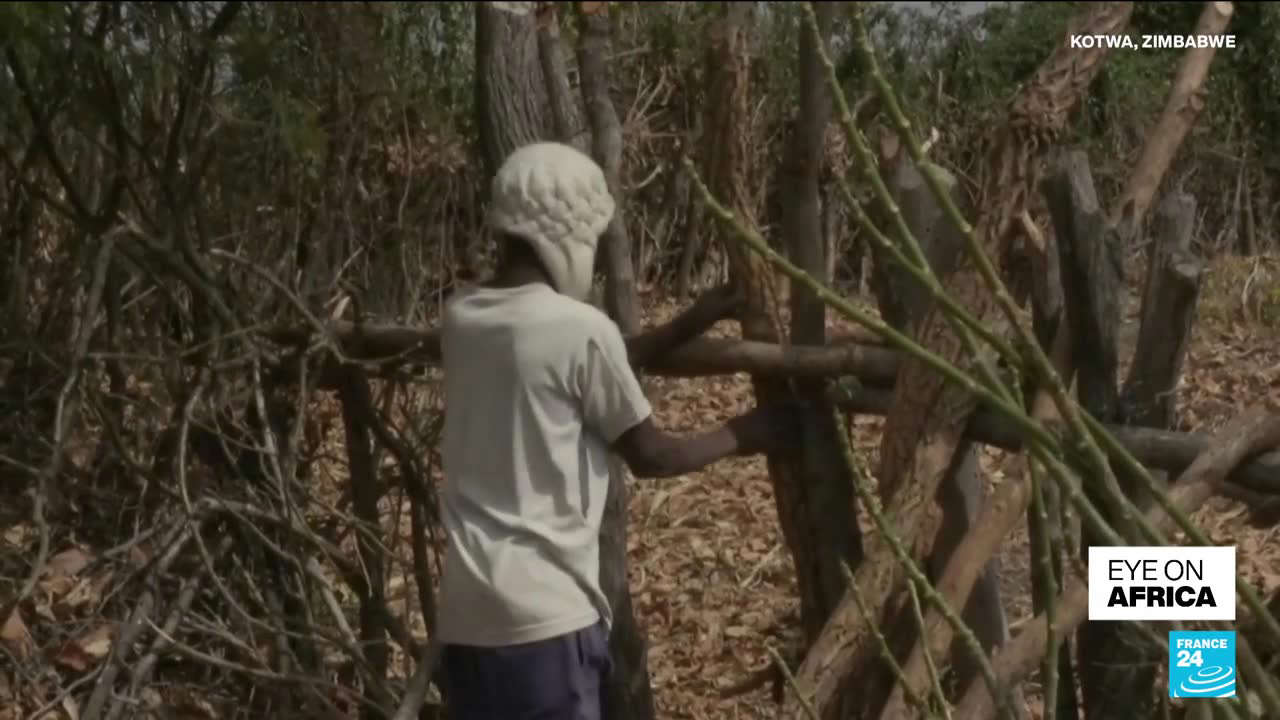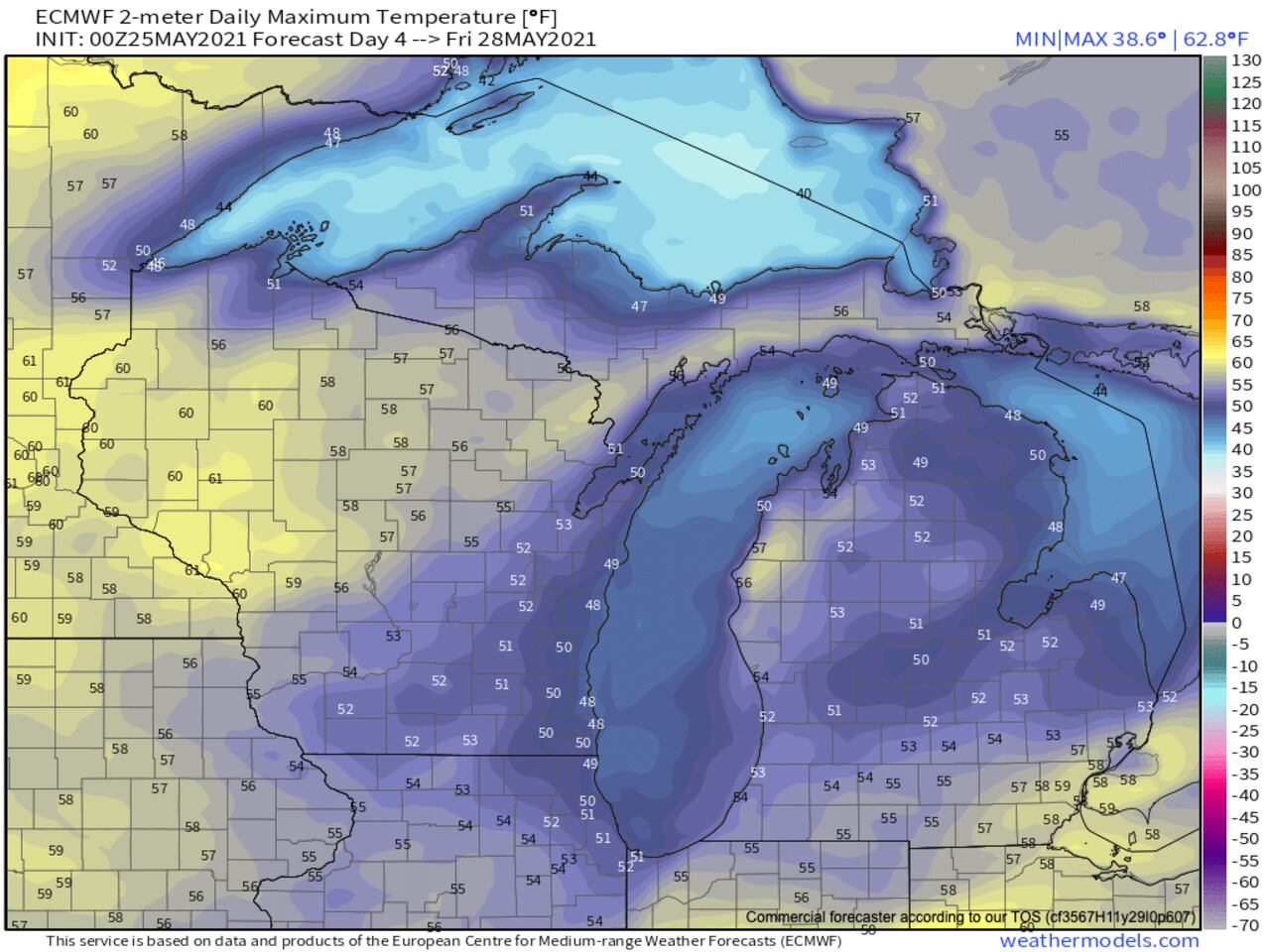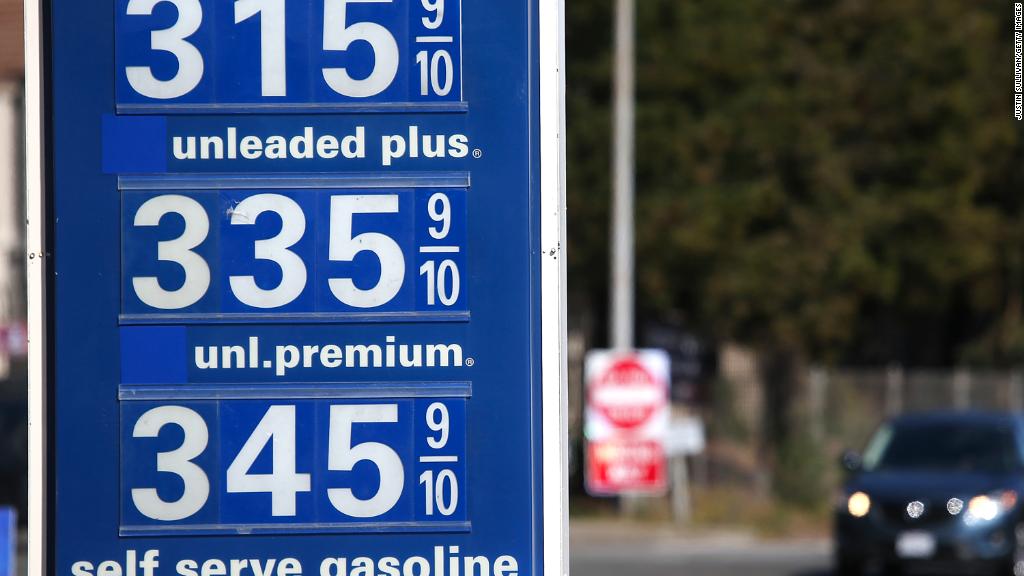Unprecedented Global Forest Loss: The Devastating Role Of Wildfires

Table of Contents
The Escalating Frequency and Intensity of Wildfires
The alarming increase in wildfire frequency and intensity is inextricably linked to climate change. Rising global temperatures, prolonged droughts, and shifting weather patterns create a perfect storm for catastrophic wildfires. These factors significantly increase the risk of forest fires and contribute to their rapid spread.
-
Climate Change's Influence: Increased average temperatures lead to drier conditions, turning forests into tinderboxes. Prolonged droughts exacerbate this, leaving vegetation parched and highly flammable. Earlier snowmelt further shortens the period of natural moisture, extending the fire season.
-
Changing Weather Patterns: Stronger winds, a common consequence of climate change, dramatically increase the speed and intensity of wildfires, making them harder to contain. These unpredictable weather patterns complicate firefighting efforts and result in widespread devastation.
-
Devastating Examples: Recent years have witnessed horrific wildfires across the globe, including the devastating Australian bushfires of 2019-2020, the Amazon rainforest fires, and recurring catastrophic wildfires in California. These events serve as stark reminders of the scale and impact of this escalating crisis. The sheer area of forest lost, the loss of life and property, and the long-term environmental consequences are staggering.
The Role of Deforestation and Human Activities in Fueling Wildfires
While climate change is a major driver, deforestation and human activities significantly exacerbate the wildfire risk. These factors create ideal conditions for fire ignition and rapid spread, leading to more frequent and intense wildfires.
-
Deforestation's Impact: Logging operations and agricultural expansion remove natural firebreaks, leaving behind large expanses of dry, flammable vegetation. This increased fuel load creates a high risk environment for forest fires. Poor forest management practices, such as a lack of controlled burns and inadequate thinning, further contribute to the problem.
-
Human-Caused Ignitions: Accidental fires, ranging from discarded cigarettes to equipment malfunctions, are a major source of wildfire ignitions. Intentional arson also plays a role, further complicating wildfire management and exacerbating the devastation.
-
Inadequate Resources: Many regions lack the necessary resources for effective fire suppression, leading to uncontrolled wildfires that spread rapidly and cause extensive environmental damage. This lack of preparedness worsens the consequences of both accidental and intentional wildfires.
The Devastating Consequences of Global Forest Loss from Wildfires
The consequences of global forest loss due to wildfires are far-reaching and devastating, impacting biodiversity, climate change, and human communities.
-
Biodiversity Loss: Wildfires destroy crucial habitats, leading to the loss of countless plant and animal species. This biodiversity loss undermines ecosystem stability and resilience.
-
Climate Change Acceleration: Burning forests release vast quantities of greenhouse gases, significantly contributing to climate change. The destruction of carbon sinks—forests that absorb CO2—further accelerates global warming, creating a vicious cycle.
-
Economic and Social Impacts: Wildfires cause extensive damage to property, infrastructure, and livelihoods. Communities are displaced, economies suffer, and the long-term recovery process is often arduous and costly. The resulting air pollution also leads to significant health problems.
Mitigation and Prevention Strategies for Reducing Wildfire Risk
Addressing the escalating problem of global forest loss from wildfires requires a multi-pronged approach focusing on mitigation, prevention, and international cooperation.
-
Sustainable Forest Management: Implementing sustainable forest management practices, including prescribed burns and thinning, can significantly reduce fuel loads and create firebreaks.
-
Climate Change Mitigation: Addressing the root cause—climate change—is crucial. Reducing greenhouse gas emissions through transitioning to renewable energy and promoting sustainable practices is essential for mitigating the severity and frequency of wildfires.
-
Community Engagement: Community-based approaches, including early warning systems, evacuation plans, and public education campaigns, are critical for increasing preparedness and reducing the impact of wildfires.
-
International Collaboration: Global cooperation is essential for sharing best practices, coordinating resources, and implementing effective policies to address this global challenge.
Conclusion: Addressing Unprecedented Global Forest Loss from Wildfires
The unprecedented global forest loss caused by wildfires presents a severe threat to our planet's environment, biodiversity, and human societies. The interconnectedness of climate change, deforestation, and wildfire risk necessitates a comprehensive and urgent response. Effective mitigation and prevention strategies, combined with international collaboration and community engagement, are critical to combating this devastating trend.
We must act now. Learn more about the devastating impact of wildfires on our forests and support organizations working to protect our planet. You can make a difference by supporting reforestation efforts, reducing your carbon footprint, and advocating for stronger environmental policies. Let's work together to prevent further unprecedented global forest loss due to wildfires. [Link to relevant organization 1] [Link to relevant organization 2] [Link to a resource on reducing your carbon footprint].

Featured Posts
-
 Top 5 Zodiac Signs Powerful Horoscope Predictions For March 20 2025
May 23, 2025
Top 5 Zodiac Signs Powerful Horoscope Predictions For March 20 2025
May 23, 2025 -
 Zimbabwe Ends Away Test Win Drought With Sylhet Victory
May 23, 2025
Zimbabwe Ends Away Test Win Drought With Sylhet Victory
May 23, 2025 -
 Goroskopy I Predskazaniya Lyubov Karera Finansy
May 23, 2025
Goroskopy I Predskazaniya Lyubov Karera Finansy
May 23, 2025 -
 Altqryr Alkaml Khsart Nady Qtr Amam Alkhwr Weml Ebd Alqadr
May 23, 2025
Altqryr Alkaml Khsart Nady Qtr Amam Alkhwr Weml Ebd Alqadr
May 23, 2025 -
 Zak Starkey Confirmed Return As The Who Drummer
May 23, 2025
Zak Starkey Confirmed Return As The Who Drummer
May 23, 2025
Latest Posts
-
 Sylvester Stallones Tulsa King Season 3 Neal Mc Donoughs Return And Filming Updates
May 23, 2025
Sylvester Stallones Tulsa King Season 3 Neal Mc Donoughs Return And Filming Updates
May 23, 2025 -
 New York City Memorial Day Weekend Weather Forecast And Rain Probability
May 23, 2025
New York City Memorial Day Weekend Weather Forecast And Rain Probability
May 23, 2025 -
 Gas Prices Plunge Memorial Day Weekend Savings
May 23, 2025
Gas Prices Plunge Memorial Day Weekend Savings
May 23, 2025 -
 Gas Prices To Plunge For Memorial Day Weekend
May 23, 2025
Gas Prices To Plunge For Memorial Day Weekend
May 23, 2025 -
 Memorial Day Travel Gas Prices At Their Lowest
May 23, 2025
Memorial Day Travel Gas Prices At Their Lowest
May 23, 2025
